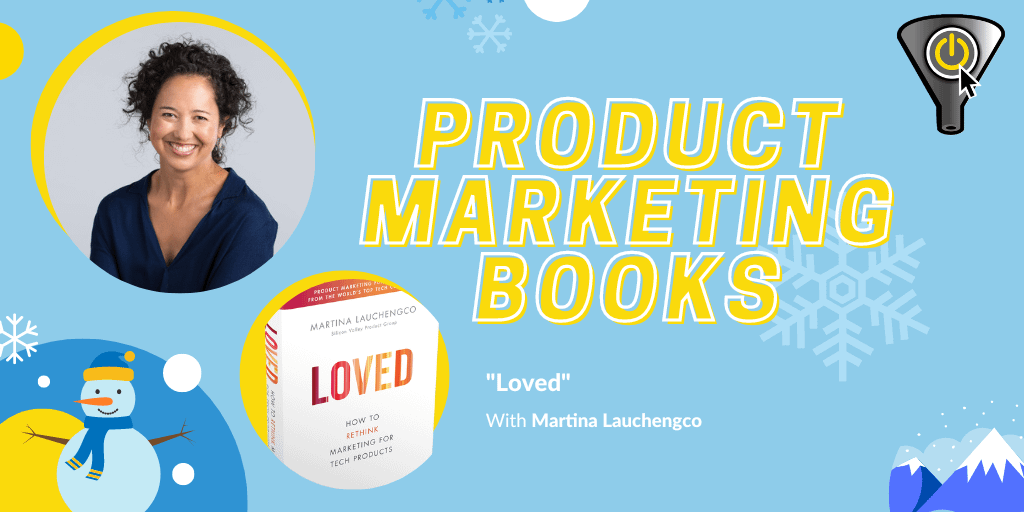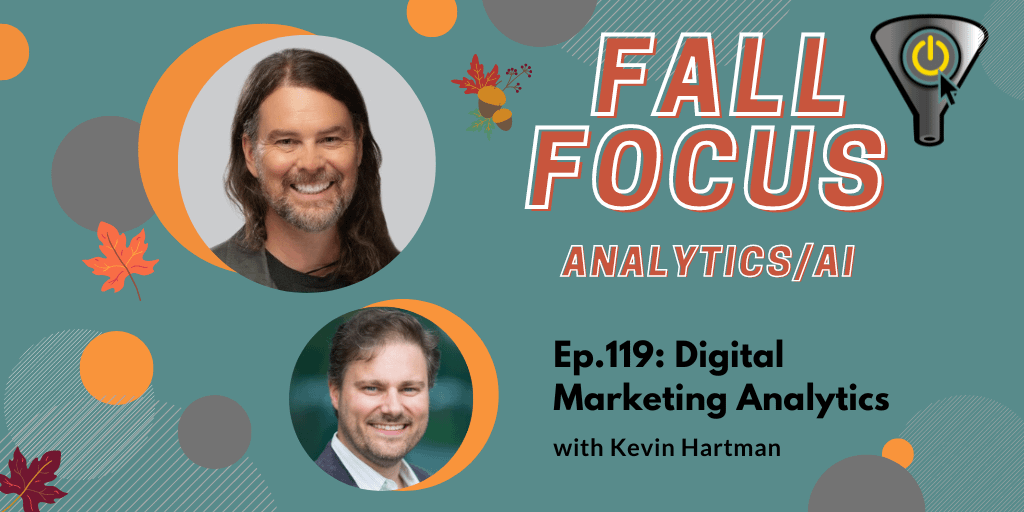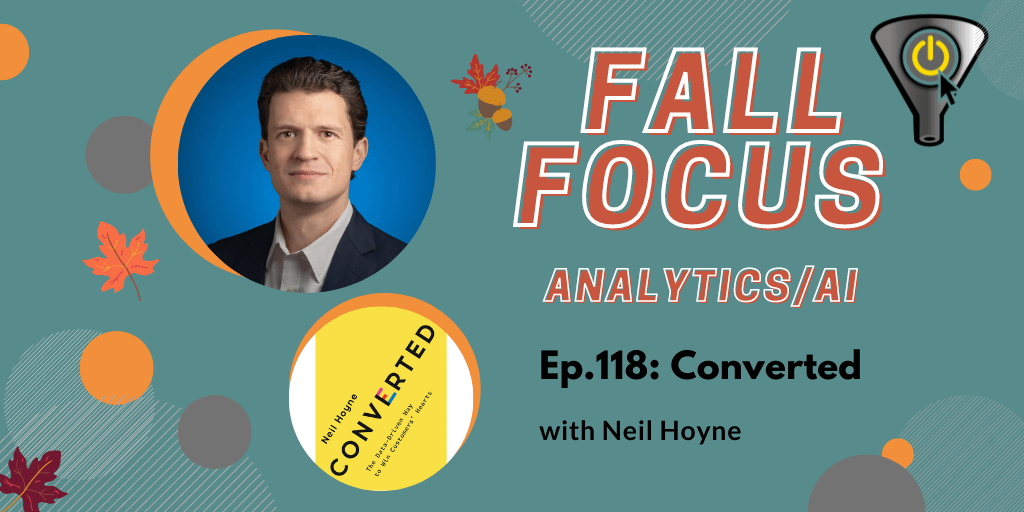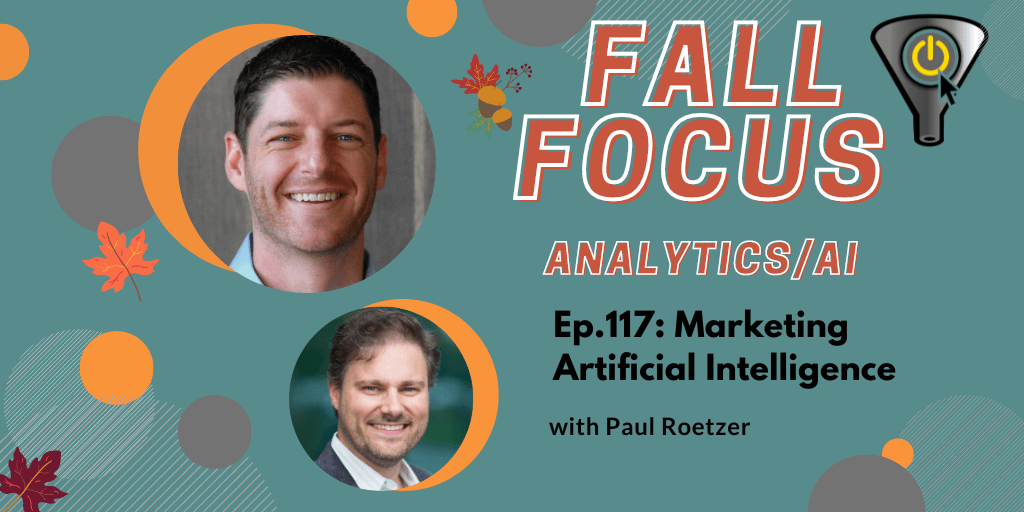This episode is the first in a series on product marketing. In my opinion, this is one of the toughest roles someone can have in a company. As its two-word name suggests, it sits in no-mans land between other well entrenched corporate functions. Yet, to get external clients to fall in love with what you make, you’ve got to have good product marketing.
As squishy as the concept of Love is, it’s what today’s guest chose as the theme for her book on Product Marketing, which came out in 2022.
Martina Lauchengco is the product marketing partner at SVPG (Silicon Valley Product Group) and a partner at Costanoa Ventures, a boutique early-stage venture capital firm. Those positions combined have her advising Fortune 500 companies and early-stage startups on product marketing. Her writing has been featured in TechCrunch and VentureBeat. Prior to this Martina worked at Microsoft and Netscape after receiving her BA and MA from Stanford.
She lives in San Francisco with her husband and two kids, and lectures at nearby Berkeley in their engineering graduate program.
People/Products/Concepts Mentioned in Show
Pocket vs Instapaper
Questions Product Marketing Managers should ask about users:
- What are they trying to do?
- Do they recognize and prioritize this problem?
- What is motivating them to solve the problem?
- What compels them to take action?
- What in this product delivers the most value?
- Who is most likely to value and buy this product?
- What starts the journey toward acquiring the product?
- How might a product get discovered and become more desired over the entire journey?
- How might we reduce friction in acquiring the product?
HEART metrics:
- Happiness
- Engagement
- Acquisition
- Retention
- Task Success
The book’s Amazon page: “Loved: How to Rethink Marketing for Tech Products”
Martina on LinkedIn





